17 Dec TIPS TO BEST PREPARE FOR A SUCCESSFUL MEDIATION.
Mediation is a form of alternative dispute resolution routinely used in family court cases. A third-party neutral mediator attempts to assist the parties in reaching agreements by facilitating productive conversation, offering suggestions, and, where appropriate, by providing evaluative feedback. The mediator may assist you in reaching an agreement by giving their impression as far as what they believe is a reasonable agreement or what they think may be a likely outcome if you were to take your issues to court.
While mediation is often court-mandated, overall it is considered a voluntary process. You should never feel forced to reach agreements at mediation, nor can the mediator impose agreements and decisions on you.
If you have an upcoming mediation, you will want to make sure you are best prepared to make mediation as productive as possible. While the mediation process can be incredibly stressful, the litigation you may end up in if mediation fails is almost sure to be even more difficult and costly. Studies show that parties who reach agreements to resolve their issues are generally more satisfied with the outcomes in their cases than those who leave their matters to be decided by a judge.
Here are some tips you can follow to better ensure you have a successful mediation:
Define the issues and prioritize them: Make a list of the issues you wish to discuss at mediation. Prioritize them. Sometimes certain issues need to be resolved before another issue can be addressed. This may be for an emotional reason, or a legal one. For example, it is difficult to talk about child support when parenting time is unresolved because the allocation of parenting time between parents directly affects child support.
Prioritize your goals and interests: Go into mediation having given thought to your goals. Are there issues where you are unwilling to budge? Are there non-starters?
Think about what motivates the other party: A successful mediation will include compromises by both parties. Perhaps you know there is something very important to the other party that is less important to you. Think about what the other party may be willing to give up if you give them something that is more important to them than it is to you.
Be prepared to compromise: Figure out where you can be okay with compromising. If you are unwilling to compromise on anything, it is most likely impossible to reach agreements. Just as you are not going to give the other party their “best case scenario”, they almost certainly will feel the same. On the other hand, there may be certain issues you are unwilling to compromise on, and that is okay.
Bring the necessary information and documentation to mediation: Even better, exchange as much information as possible with the other party in advance of mediation. The more informed each party is in advance of mediation, the more productive mediation will be. You want to use your time at mediation most efficiently. There are probably more productive tasks you can accomplish with the assistance of the mediator than exchanging pay stubs for the first time, for example.
Take your time: An agreement reached in mediation becomes binding once signed. A good mediator will type the agreement at the end of mediation so it can be executed that day. Do not feel pressured into signing an agreement. You do not want to sign an agreement and regret it immediately. If you are unsure about whether or not to sign an agreement, you should ask to have extra time to sleep on it. If you do not have an attorney with you at mediation, you can ask that you have time to review the proposed settlement agreement with an attorney. You will be much happier in the long run if you do not rush.
Bring an attorney with you: While you do not need an attorney to attend mediation with you, having an attorney present as your advocate and legal counsel will assist you. Attorneys can offer ideas and solutions that you may not have thought of. They can tell you whether they believe a potential settlement is fair and reasonable or not. They can make sure any agreements reached are drafted properly. They are your voice.
At Baer Family Law, Rebecca has participated in mediation throughout her career as both an attorney and as a mediator. If you need an attorney to guide you through the mediation process and attend mediation with you, or if you are in need of an experienced and reasonably priced family law mediator, contact Rebecca for a free inquiry to discuss which option best fits your needs.
#baerdivorceblog #baerfamilylaw #rebeccabaerattorney #mndivorcelawyer #mndivorcemediation #successfulmediation #mediationpreparation
Authored by: Rebecca R. Baer, Esq.

